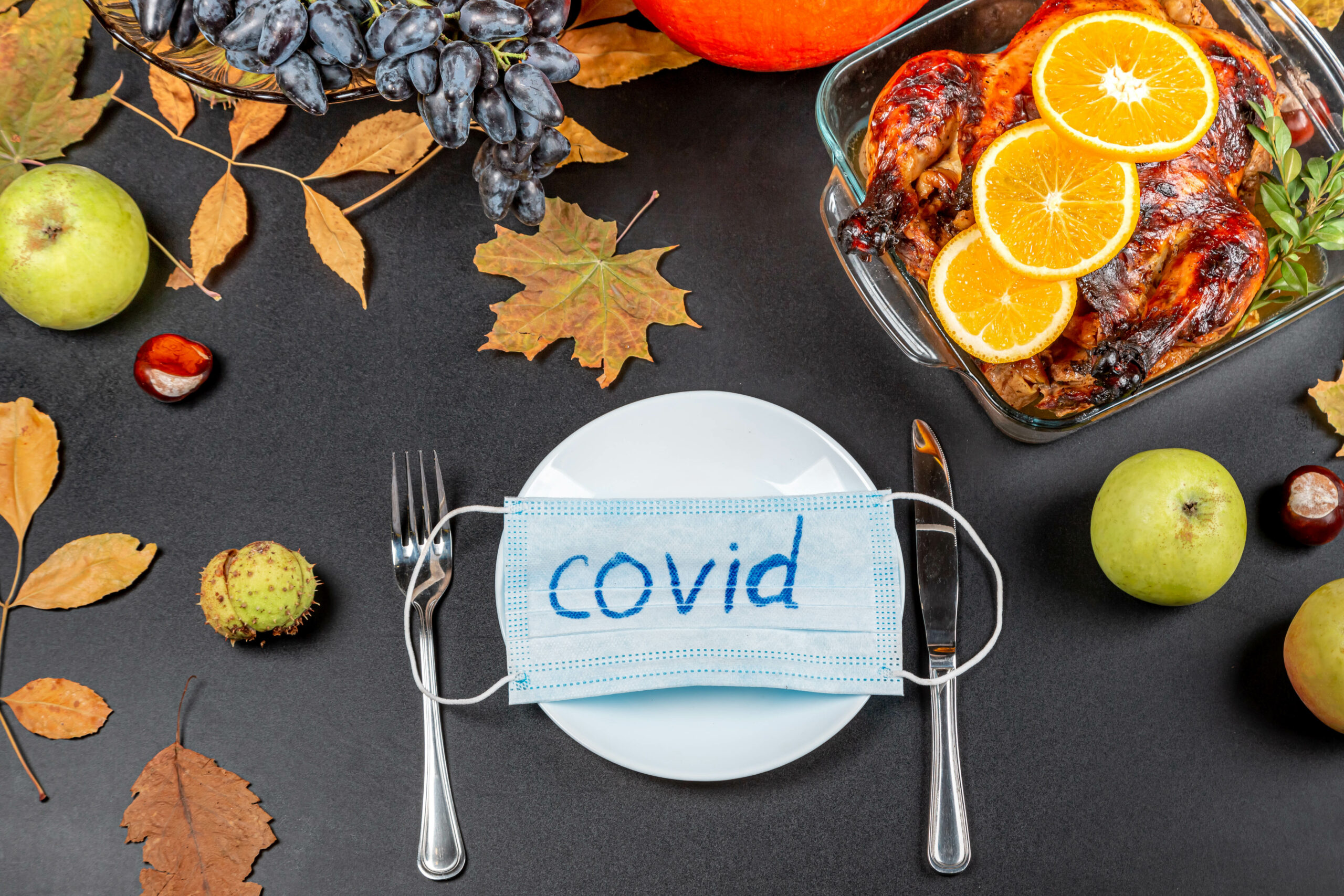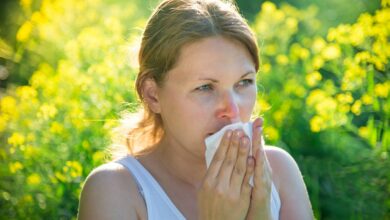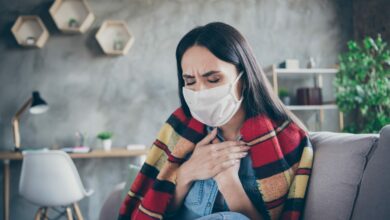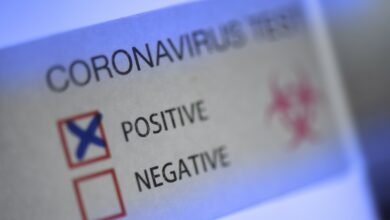A
A
A
The approaching holiday season will likely look very different this year as COVID-19 cases continue to rise. October saw a COVID-19 surge that the U.S. has not seen since the summer’s peak. Since the start of the pandemic, cases in the
United States have surpassed 9 million, with over 232,000+ of those cases resulting in death. Roughly half of all individuals who contract COVID-19 are asymptomatic, and they can unknowingly spread the virus to others.
While face masks and social distancing mandates remain in force in many public spaces, some people disregard such precautions when they attend parties and private events. This will likely be the case during holiday gatherings.
Read More »
In light of the continued surge of new cases and the upcoming holiday season, many families will have to choose between two unwelcome scenarios. They either spend their time apart and go without social connection with loved ones or get together and expose other family members to possible COVID-19 infection.
Last week, Washington, DC, health officials determined that a recent spike in COVID-19 cases have been primarily due to small social gatherings. Dr. Anthony Fauci, the leading expert on infectious diseases in the U.S., and Dr. Robert Redfield, director of the Centers for Disease Control and Prevention (CDC), have warned about the risk of COVID-19 infections resulting from upcoming holiday parties, no matter how big or small.
Private parties are potential pathways for Coronavirus because they can facilitate person-to-person transmission. That’s because, according to the CDC, attendees at these gatherings tend to meet indoors, not wear masks, and ignore six-feet social distancing guidelines. The risk of spreading the virus is even greater when parties include people traveling from outside the area.
Given that small gatherings can accelerate Coronavirus’s spread, many people think of altering or skipping plans for upcoming holiday events, like Halloween or Thanksgiving. Nevertheless, many individuals are feeling loneliness and isolation due to sheltering in place and social distancing. The prospect of staying home and missing family gatherings could heighten those feelings. The idea of altering lifelong rituals can lead to a profound sense of loss and depression, especially since the holiday season is tough enough for some people.
CDC Guidelines for Holiday Gatherings during COVID-19
The CDC released guidelines to help people protect each other from COVID-19 transmission during the holidays. Before friends and family even consider hosting a home party, they might research infection rates in their community to determine the personal risk to them and their guests.
If people decide to host get-togethers, they can hold them outdoors, have fewer guests, provide hand sanitizer, ask attendees to wear a face mask, and encourage social distancing. Hosts should make sure guests wear their face coverings above their noses. If weather permits, the host can open windows to allow for ventilation. For two weeks before attending a gathering, individuals should avoid contact with anyone who is not a member of their household.
Guests who travel from different locations pose a greater risk of spreading Coronavirus at gatherings. Family members who are out of town might opt for video conferencing instead of attending in person. For example, family members living across various locations can use video to see each other when they’re seated at dinner and share their meal virtually.
Despite experts’ recommendations and the continued public health threat that COVID-19 poses, some guidelines, such as holding Thanksgiving dinner in the wintery outdoors, may seem impractical to individuals. Others will likely choose to ignore safety measures anyway.
The consensus of infectious disease experts is clear. Wearing a mask and maintaining social distancing are vital to slowing or stopping the spread of Coronavirus. A social gathering is not the ideal place to ignore health guidelines. If people choose to get together for the holidays, it’s in their best interest to step up safety measures.






